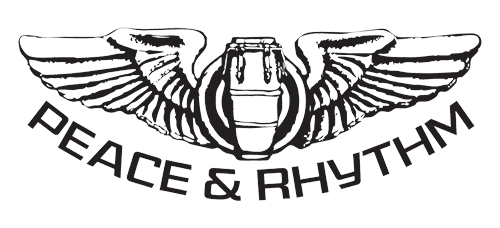Peace & Rhythm's Interview with Chuck Nessa of Nessa Records
June 3, 2014
Chuck Nessa is the man who birthed the Nessa Records label. Operating out of Chicago starting in the mid 60’s, Nessa supported the up-and-coming musicians from the AACM (Association for the Advancement of Creative Musicians) and issued artifacts from the avant-garde of jazz/modern creative music including such seminal albums by Roscoe Mitchell, Lester Bowie, the unsung Hal Russell, Von Freeman, Air and others. An underground rare groove classic by the Art Ensemble of Chicago (“Theme de Yoyo”) finds its home on an early Nessa release. Today, the label is still producing exciting new music and we check in with Mr Chuck Nessa:
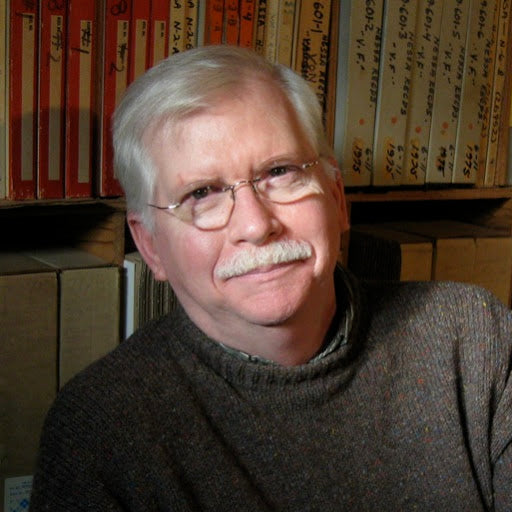
**Could you give us some background about growing up, your early years and how you got into being involved with the music. **
_I was born in 1944 and grew up on a farm in central Iowa. In the mid-fifties I was into Elvis, Little Richard, Fats Domino, Jerry Lee Lewis and the like. By high school I was branching out to jazz records. Armstrong, Ellington, Gillespie and Rollins were early experiences. I had failed at piano lessons and trumpet lessons because of my own impatience. I couldn’t advance fast enough on the instruments but my ears were advancing at warp speed. _
**What was your main function at Delmark Records in the early days? Do you still maintain a relationship with Delmark’s Bob Koester? **
Delmark and the Jazz Record Mart both operated out of the same storefront at 7 West Grand Ave in Chicago. The staff at the time was Bob, Lynne Ludy (book keeper and store clerk) and for a while the shipping clerk was Kunle Mwanga. I was hired as store manager. I took the job with the understanding I could sign three artists to contracts and record them. I signed Roscoe Mitchell, Joseph Jarman and Muhal Richard Abrams. I started working there in the Spring of ’66 and lasted exactly one year. There were hard feelings when I left and we didn’t speak for a few years but when I moved back to Chicago in 1975 all was forgiven. I have been using the Delmark studio for almost all of my CD reissue projects.
Nessa Records played a crucial role in documenting the early AACM artists. What inspired you to start producing the sounds of the Chicago scene back in the 60s?
This is partially covered above, but my interest was initially stirred by the reviews of AACM events in Down Beat _by Pete Welding. When I moved to Chicago and went to work I sought these musicians out. When I left Delmark in 1967 Lester Bowie and Roscoe Mitchell convinced me to start my own label. _
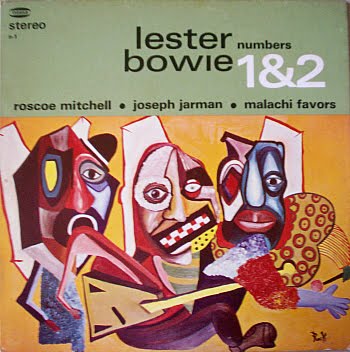
Did you find a camaraderie amongst the labels also producing this strand of music in the 60s and 70s or was it competitive?
Generally there was friendly, respectful competition. I was closest to Bill Smith and John Norris at Sackville and Bob Cummins of India Navigation and today I am friendly with Bruno Johnson at Okka and a couple others.
You had told me that at one point in the later 70s Nessa had some kind of P &D deal through Flying Fish.
Fish handled my distribution for around three years at the end of the ‘70s They had a much larger network than I did and we both thought it would be beneficial. Ultimately we discovered my records sold fewer copies than their folk and bluegrass so we parted ways. Nothing more complicated than that.
What were some of the biggest challenges through the decades on maintaining the label from a business standpoint? Have you had many paid employees or have you done most of this yourself?
Never could afford employees. The label was supported by my various day jobs and the indulgences granted by my wife and kids. My wife Ann started designing covers and taking session photos in the late ‘70s and this was a huge financial aid.
From radio to trade magazines to blogs, what kinds of challenges have you had to deal with in getting word about your releases out? Have you preferred any one way over another through the years?
Back in the 60s – 80s press reviews and a few radio stations made a difference. Not sure anything really works today.
I’ve often heard stories about music distribution in general suffering in recent times, be it economic climate, changing tastes or internet-sharing in ways that artists and labels don’t make money. However, from what I can tell it seems that the jazz/avant/new music (whatever someone wants to call it) still has a fairly healthy record-buying audience. Do you find this to be accurate from your standpoint?
All of the above. The old paradigm is gone and artists are making recordings for nothing more than a few discs to sell at gigs. It is a travesty and could ultimately damage the music itself. Not much is healthy about this in my book.
Do you have any strong opinion on the usage of the word “jazz”?
Not really. It seems to be an easy device for identification. I understand others objecting but it works for me.
In regards to operating costs, do you use a typical arrangement for producing a record for an artist? For example, do you pay for the studio time or license already-made recordings? Do you have a structured royalties arrangement that you like to use as a template or could the arrangement vary from project to project?
Yes to all the above. Almost every project is different.
Are there any particular global markets that your releases have fared best in?
North America, Europe and Japan – in that order.
What is the best selling Nessa release ever?
Roscoe Mitchell’s Nonaah and Air Time are probably the best selling – I think.
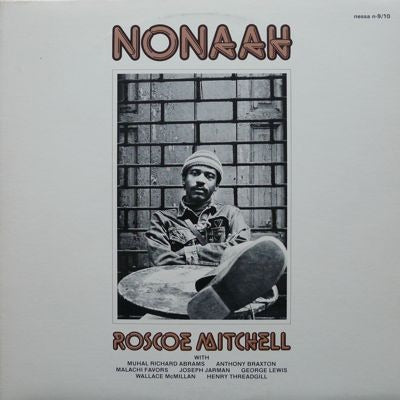
**Do you have any personal favorites from your label? **
They are like children – no favorites.
Do you have any outstanding crazy stories that you would like to share? Or perhaps a situation of extreme excitement about a Nessa release.
The most outlandish was the prep for recording Roscoe’sLRG-The Maze-SII Examples . It involved two trips to visit Roscoe in Wisconsin, rental of a large Ryder truck to transport musical instruments from Wisconsin and Chicago to Woodstock (site of a week of rehearsals) and then into Manhattan for Maze session. Malachi Favors drove the truck back to Chicago and Roscoe headed back to Woodstock to rehearse LRG before we all gathered at Rudy Van Gelder’s studio to record the work. After the session Roscoe and I drove back to Chicago. On the way we discussed a dilemma. Before recording we didn’t know the length of the performances, so we didn’t know if we had one LP or two – the actual result at this point was one and a half LPs so we decided to record a solo soprano piece to fill out the second record. From original idea to “in the can” took about a year and a half.
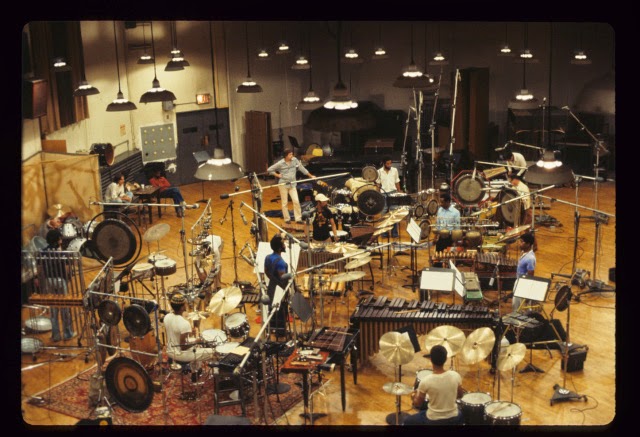
**When was the last time that Nessa pressed (or re-pressed) a release on vinyl?** _Mid ‘80s._ Was there ever “one that got away” for Nessa?
A Cecil Taylor quartet project and a few more.
How many releases are in the Nessa catalog?
I am currently working on number 36.
Do you still regularly attend concerts? Who has been exciting to hear amongst the recent generation of Chicago artists?
When the opportunity arises. I enjoy attending events at Mike Reed’s Constellation in Chicago. Too many interesting musicians in Chicago to pick names. I do miss the Velvet Lounge. I am currently looking forward to hearing Peter Brotzmannn, William Parker and Hamid Drake at Hallwalls in Buffalo.
What forthcoming projects can we look forward to?
Reissues of Hal Russell with Charles Tyler and our Ira Sullivan date will be out this summer. For fall we have a lovely session by the Bobby Bradford / Frode Gjerstad quartet with Ingebrigt Håker Flaten and Frank Rosaly. I am considering a vinyl repressing of Air Time . But don’t hold your breath.
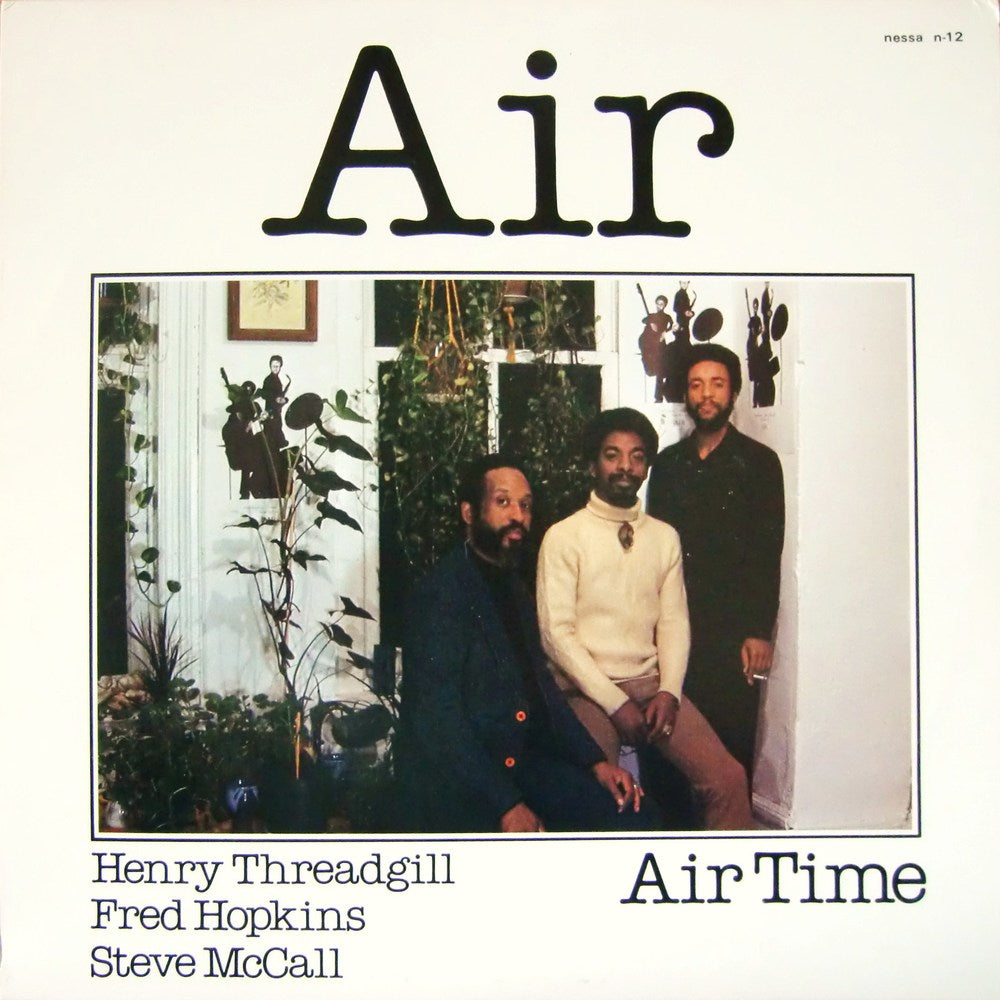
Besides the music, what are some of your other personal interests?
Family. I really can’t afford anything else – financially or emotionally.
Could you recommend a favorite current restaurant or two?
Too many to list and I would forget some and feel terrible – our son is a chef in Buffalo.
Name a few records that you count among your all time favorites.
Not a game I am good at. Distilling thousands to a handful is too painful. I listen to stuff from the ‘20s and ‘30s as much as anything. Here are a few recordings hitting my stereo in the past week: —Jelly Roll Morton—Birth of the Hot (RCA)
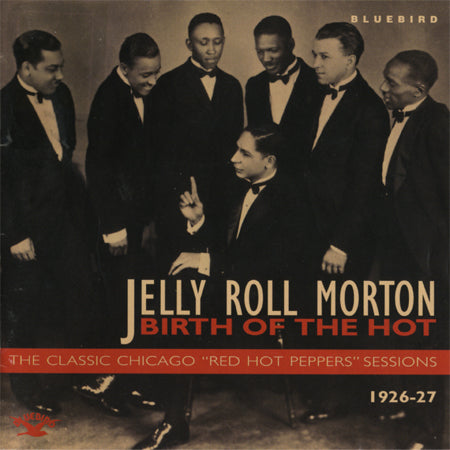
—Duke Ellington—Afro Bossa (Reprise)
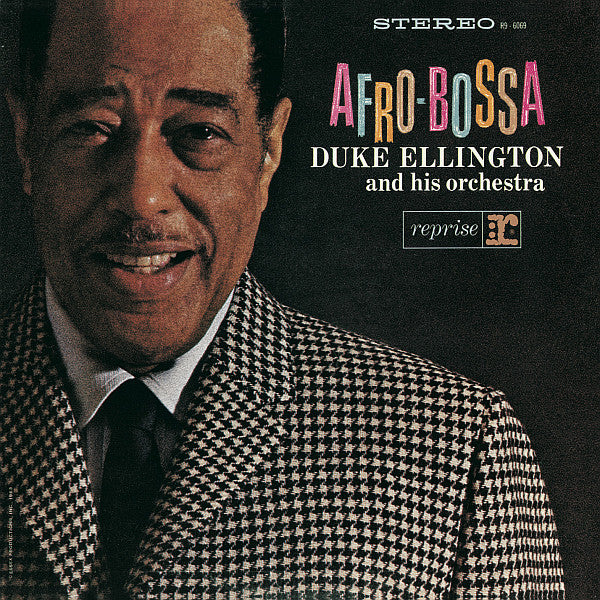
—**Mal Waldron—The Quest (New Jazz) **
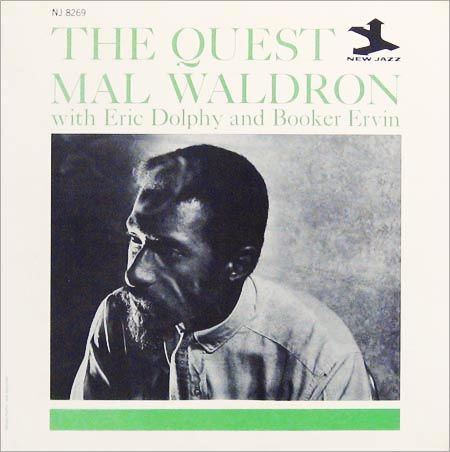
—Atomic—Theater Tilters (Jazzland)
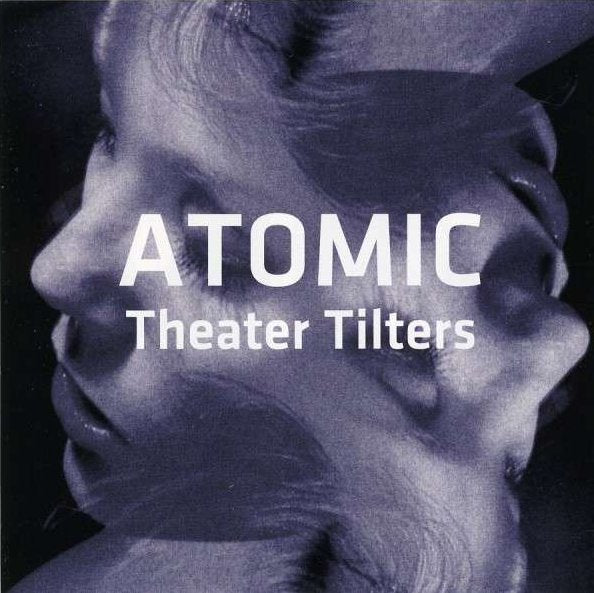
—Willie Pickens—Dark Eyes (M&I)
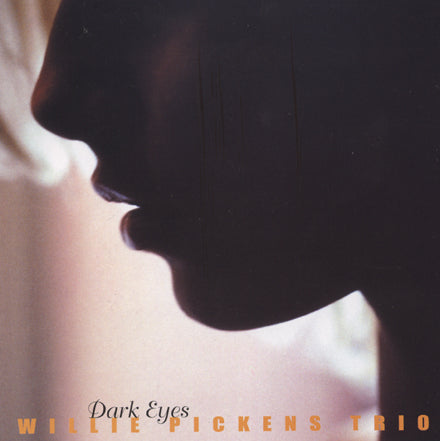
—Lennie Tristano—T he New Tristano (Atlantic)
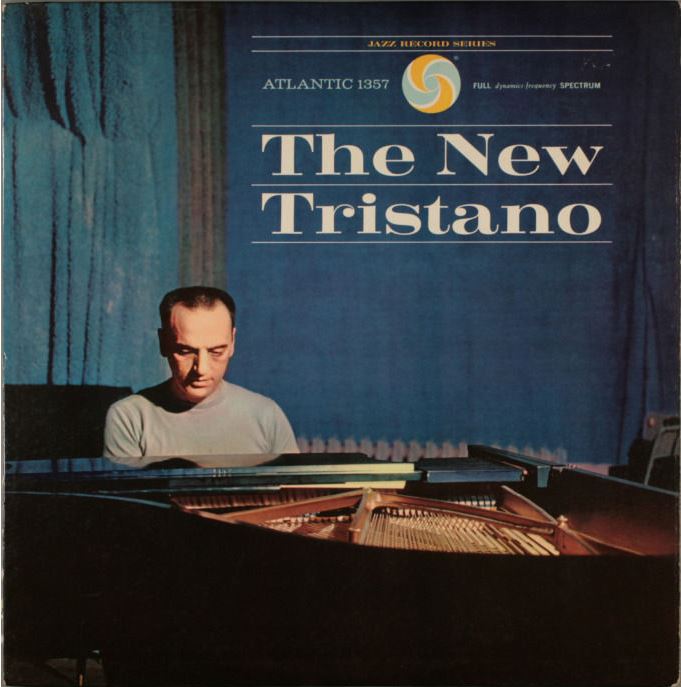
—Jascha Horenstein / Vienna Symphony Orchestra—Mahler Symphony #1 (Vox)
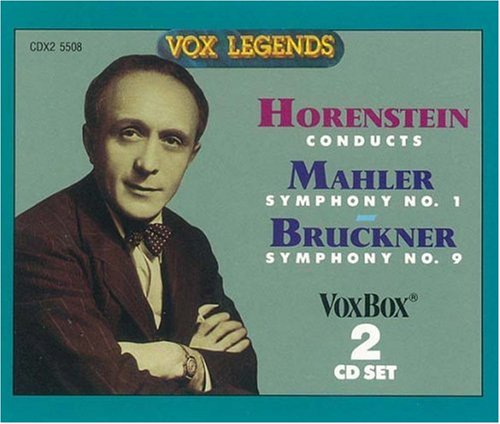
For Nessa news and inquiries, Chuck Nessa can be reached at nessarecords@charter.net. Or visit the website. You can reach Peace & Rhythm at peaceandrhythm45@gmail.com.

